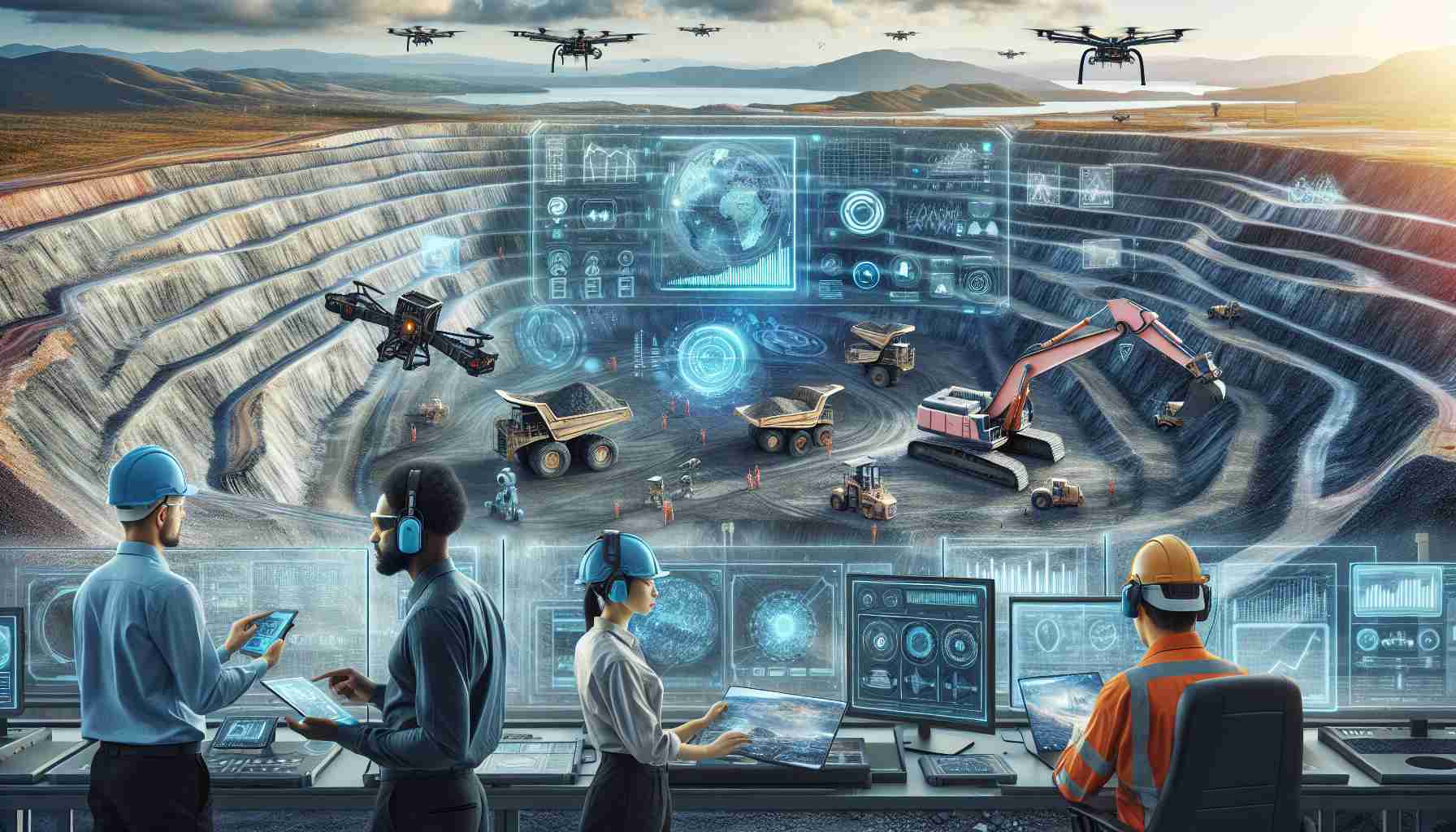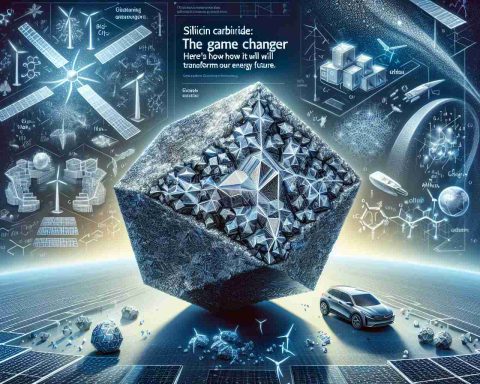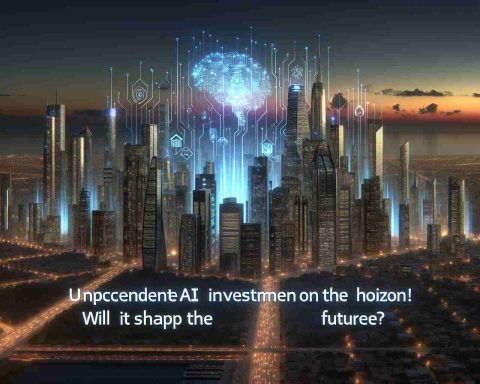A recent conference held in Shenzhen delved into the intersection of artificial intelligence and mining, sparking discussions among experts and scholars.
The China Society of Automation’s Smart Mining Professional Committee hosted the 2024 annual meeting, academic forum on “Artificial Intelligence + Mining,” and the 2024 International Smart Mining Robots + Artificial Intelligence Summit. During the conference on the 27th, attendees shared cutting-edge research outcomes, practical experiences, and the latest theoretical reflections on applying artificial intelligence in mining. They explored how to translate these technologies into tangible productivity, fostering the high-quality development of the mining industry.
Renowned Chinese engineer, Academician Wang Guofa, emphasized that the current trend in mining industry development lies in smart mining construction, with a key focus on enhancing the intelligence of mining robots. Participants also visited China Coal Technology Robotics Company’s intelligent robot trial base in the Hetao Deep Tech Innovation Zone, gaining insights into the company’s product applications in coal mining, mining safety, and smart manufacturing sectors.
On August 28th, the 2024 International Smart Mining Robots + Artificial Intelligence Summit took place, bringing together industry experts, entrepreneurs, and professionals to discuss the latest advancements and practical applications of intelligent mining, mining robots, and artificial intelligence technology. From the overall technical framework of smart mining to specific technical details, from intelligent disaster prevention and control to digital operations, experts provided comprehensive analyses from various perspectives.
Deputy General Manager of China Coal Technology Robotics Company, Wang Lei, presented a thoughtful report on “Mining Robot 2.0,” outlining the phased development process and introducing the concept of entering the 2.0 phase. The report offered detailed insights into the development path of the 2.0 phase, highlighting the company’s research progress and outlining plans and prospects for industry development and collaborative construction between central and local governments.
Revolutionizing Mining Industry Through Artificial Intelligence: Unveiling New Frontiers
As the mining industry continues to embrace artificial intelligence (AI) technologies for enhanced efficiency and productivity, there are significant questions and challenges that arise in the quest to revolutionize traditional mining practices.
Important Questions:
1. How can AI be further integrated into mining operations to optimize resource extraction and safety measures?
2. What are the potential socio-economic impacts of widespread AI adoption in the mining sector?
3. How can stakeholders ensure the ethical use of AI in mining activities to mitigate risks and liabilities?
Key Challenges and Controversies:
– Data Security: One of the main challenges associated with implementing AI in mining is ensuring the security and privacy of sensitive operational data.
– Workforce Displacement: The adoption of AI and autonomous technologies may lead to concerns about job displacement and the need for reskilling the existing workforce.
– Regulatory Hurdles: Mining companies must navigate complex regulatory frameworks governing AI applications in resource extraction, posing a challenge to seamless integration.
Advantages:
– Increased Efficiency: AI can analyze vast amounts of data to optimize mining processes, leading to improved operational efficiency and reduced costs.
– Enhanced Safety: AI-enabled technologies can enhance safety measures by predicting potential hazards and alerting workers in real-time, minimizing risks.
– Environmental Sustainability: By optimizing resource utilization and reducing environmental impact, AI can contribute to sustainable mining practices.
Disadvantages:
– High Implementation Costs: The initial investment required for AI integration in mining operations can be substantial, potentially limiting adoption among smaller companies.
– Dependency on Technology: Overreliance on AI systems may lead to vulnerabilities in case of system failures or cyber-attacks, posing operational risks.
– Ethical Concerns: The ethical implications of AI decision-making in the mining industry, such as algorithm bias and accountability, raise complex moral dilemmas.
In the pursuit of revolutionizing the mining industry through artificial intelligence, stakeholders must address these challenges while leveraging the advantages to drive innovation and sustainable growth.
For more insights on AI technologies shaping the mining sector, visit Mining.com.

















